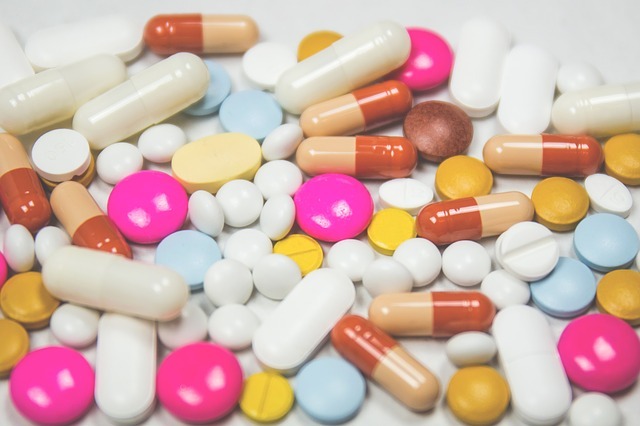Drug wholesalers stuck with having to dispose of unsold pharmaceuticals worth hundreds of billions of won are working with their suppliers to limit the losses.
While no industry enjoys zero leftover inventory, an accumulation of specific drugs that are no longer in doctors’ prescriptions spell a particular problem, a KPDA spokesperson said.
“Medicines aren’t like clothes that can be sold off at a discount. Unsold drugs have to be discarded. It becomes complete loss,” he said, adding that in most cases the firms that do take refunds have painfully detailed requirements and application processes that serve as an indirect door-in-the-face.
 |
(Pixabay) |
Korea’s pharma wholesale market saw a sevenfold growth in 15 years, from 2001’s 3.7 trillion won ($3.2 billion) to 2017’s 25.7 trillion won, according to the Health Insurance Review and Assessment Service’s 2019 January-February review.
The growth was in accordance with the increased number of pharma wholesale firms, from 2000’s 518 to 2017’s 2,337. In 2017, the wholesalers that marked over 1 trillion won in estimated yearly profits were Geoyoung, Baekje Pharmaceutical and Dongwon Pharmaceutical Wholesale. The top 10 firms’ yearly profits that year came to an estimated 9.8 trillion won.
HIRA estimates that pharma wholesalers collectively suffer approximately 200 billion won in annual losses from unsold stock.
Experts opine much of the issue could be resolved if doctors prescribed by substance name instead of by product name. In such case, pharmacists will have freedom to make use of their inventory as they see fit. But few consider this as a viable option as it would shift power from doctors to pharmacists on which brands of drugs to use.
To avoid this rift, the easiest solution would be for pharma firms to take back the unsold but unexpired drugs. The March decision from the Ministry of Health and Welfare to limit the rampant creation of generic drugs could also help the case, KPDA official offered.
KPDA negotiations as of late have yielded refund policy tweaks at several pharma firms.
Foreign companies Boehringer Ingelheim Korea, Sanofi-Aventis Korea, Janssen Korea, Menarini Korea, as well as Korean pharmas Yuhan Corp., SK Chemical and BCWorld Pharm have eased their internal regulations for taking back once-sold products.
Boehringer Ingelheim Korea said it had agreed with the KPDA to work together for an improved ecosystem for pharmaceutical distribution in Korea. Taking back drugs would reverse what was once marked as profit to loss in the pharma firm’s accounting book, however, the firm has rather opted for a long-term coexistience with the wholesalers.
KPDA is currently negotiating refund terms with Novartis Korea, AstraZeneca Korea and GlaxoSmithKline. The organization will regularly release the names of uncooperative pharmaceutical firms to the local press to apply pressure.
By Lim Jeong-yeo (
kaylalim@heraldcorp.com)








